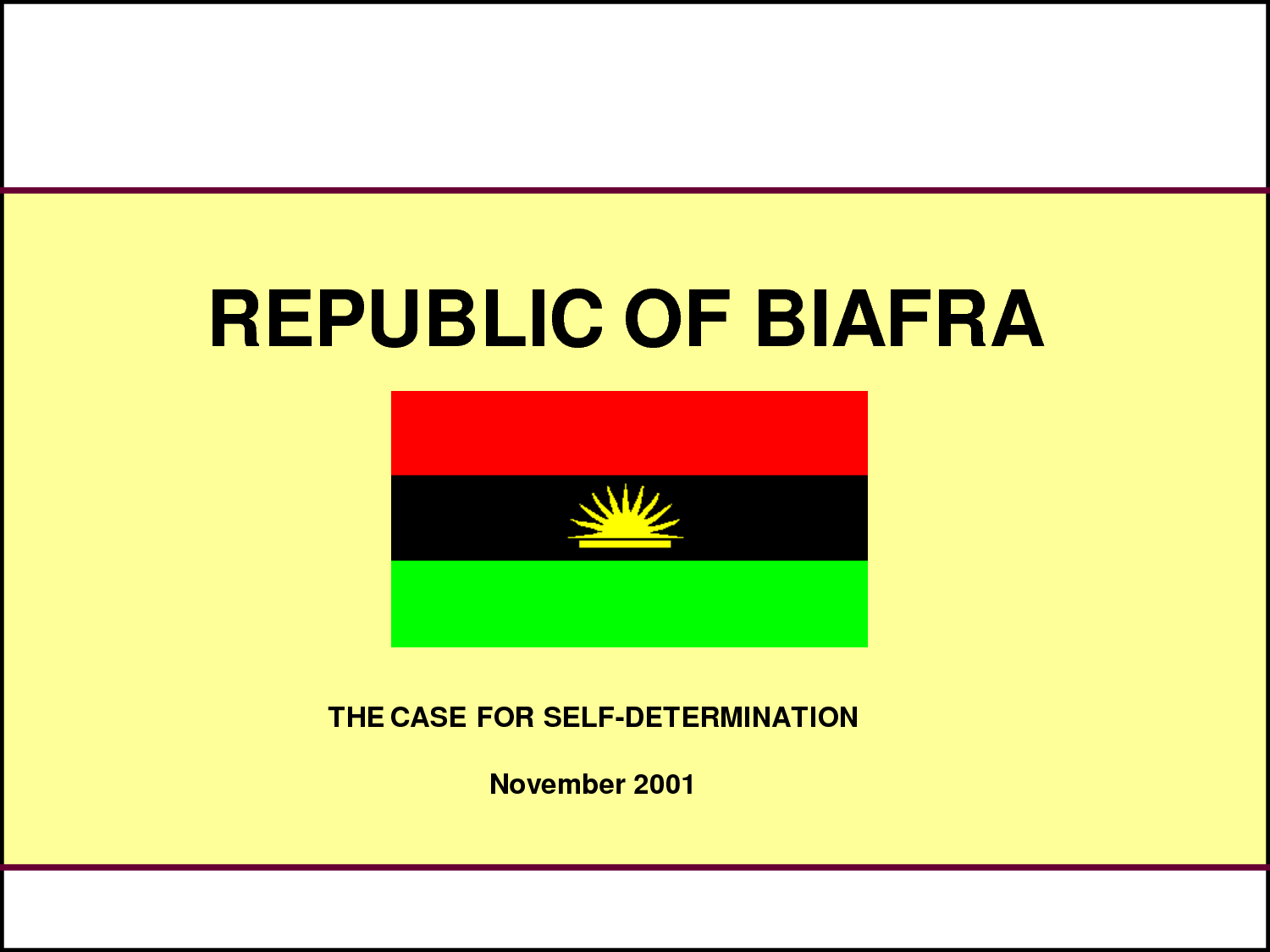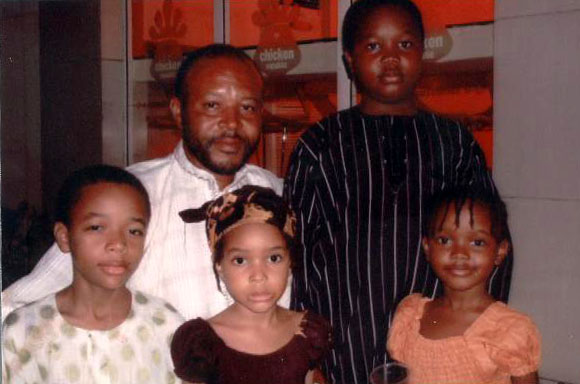In a country with countless drama, one should be pardoned for not taking notice when some unusual ones occurred. I speak of the one that happened in Jos, Plateau state, last week when a lion, which escaped from the Jos Wildlife Park, was shot dead. I know some readers out there could be saying, “and so what?” After all, a dangerous animal has been put to death and it’s no longer a threat to humans.
But the way and manner the incident was handled says a lot about our lives as Nigerians and offers a metaphor of how our country is the way it is. A critical look at the incident right from the time the animal escaped from the park till the moment it was killed, or maybe murdered is a more appropriate word, will confirm that when we fail to tackle the small issues, we can’t get the bigger ones right.
What piqued my curiosity initially in the story was the age of the animal as reported in the news – 43 years. As a wildlife enthusiast I found the age incredulous, 43 for a lion in captivity? That must be a new world record, I thought and since this is the age of Google, I sought the help of the search engine using the phrase ‘oldest lion ever’ and the results confirmed my suspicion. A website, lions.org, says that ‘the oldest lion on record was nearly 29 years old’ meaning the Jos lion would have been a world record if the age ascribed to it is correct. Another site, thehindu.com, the website of The Hindu, a newspaper in India, in a story titled ‘Nation’s oldest lion bred in captivity’ published on April 23, 2008, claims that “The average life span of a feline brand in captivity rarely exceeds 18 to 20 years, but Arjun (the lion referred to in the story) has seen 26 summers, thanks to zoo officials’ efforts.
“Arjun’s stern will and the efforts of the zoo officials have made him sail through many difficult moments. He is being kept on soft diet like milk, liver, chicken and vitamin supplements and is doing quite well considering his age,” a curator told the newspaper. Yes, that’s for India but 43 still seemed wide off the mark. Added to this confusion is a BBC story online on the incident titled ‘Nigerian lion shot dead after escaping from zoo’ published on December 2 where it referred to the animal as a four-year-old, so who is saying the truth about the lion’s age?
Advertisement
Not satisfied, I called veterinary medicine professors at the University of Ibadan, Ibadan, who told me that the oldest lion in captivity on their record stands at 25, and that the Jos lion age too befuddled them. One of them added that it is quite tough for such animals to exceed 30 years in captivity, which confirms information gleaned from the Internet. So, how did the folks at the Jos zoo arrived at the lion’s age? This speaks to our total disregard for records and possibly, no proper records of the animal. Is that not the way things are with our public institutions and individuals? Just think of how a simple issue like the age of our public officers has become huge simply because people are not willing to tell the truth concerning their age or how easy it is to obtain birth certificate that says different thing from the days of our birth. Who will then keep record of a lion’s age?
It is sad also that soldiers were called to shoot the lion as there were no tranquilizers. “We don’t have tranquilizers. We don’t have the licence to buy tranquilizers. We applied for licence, but we were not given,” John Doy, General Manager of the park, told Daily Trust newspaper in a story published last week. He claimed that NAFDAC denied the park a licence to acquire the tranquilizers and so no one prepared for an emergency like what happened in the park. How many times have we failed to prepare for disasters and we were caught napping? Before you point accusing fingers at government officials, does your vehicle have a functional fire extinguisher? The park is also unfenced yet dangerous animals are kept there.
Like other absurdities in our land, whenever we are confronted with such, we lament, shrug our shoulders and move on pretending as though nothing strange ever happened. Sadly, that is the tragedy of our lives as Nigerians.
Advertisement
Views expressed by contributors are strictly personal and not of TheCable.







